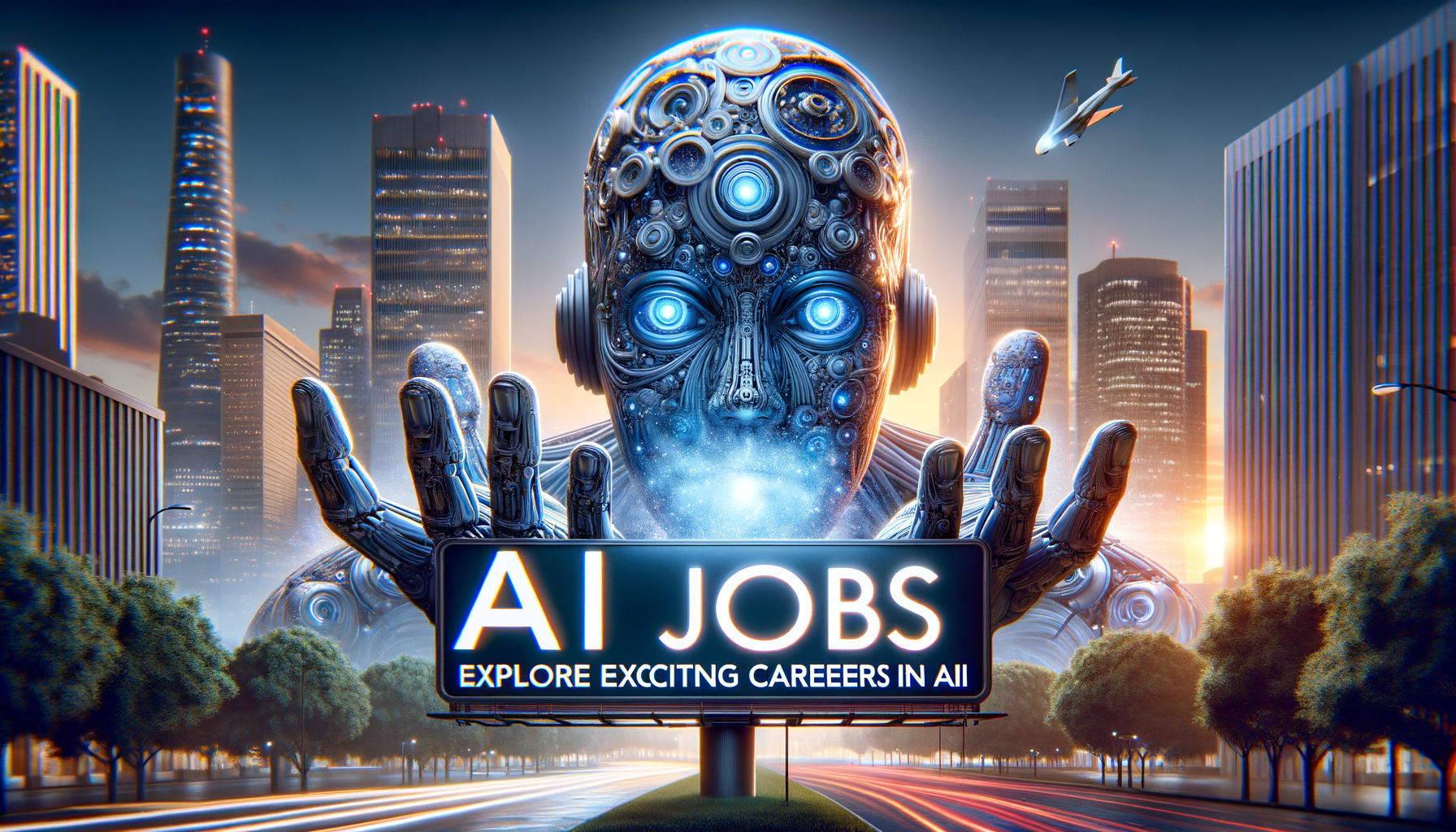The Growing Demand for AI Professionals
In recent years, the demand for AI professionals has skyrocketed, driven by the rapid advancement of technology and the increasing reliance on artificial intelligence across various industries. As businesses strive to leverage AI for enhanced efficiency and innovation, the need for skilled individuals who can develop, implement, and manage AI systems is more critical than ever.
Several factors contribute to this growing demand:
- The expansion of AI applications in sectors such as healthcare, finance, and transportation.
- The need for automation to improve operational efficiency and reduce costs.
- The rise of big data analytics, which requires sophisticated AI algorithms to process and interpret vast amounts of information.
According to a report by the World Economic Forum, AI is expected to create 97 million new jobs by 2025. This presents a significant opportunity for individuals looking to enter or advance in the AI field.
Key Roles in the AI Industry
The AI industry offers a wide range of roles, each requiring a unique set of skills and expertise. Understanding these roles can help individuals identify where their strengths and interests align within the AI landscape.
Some of the prominent roles include:
- Machine Learning Engineer: These professionals design and implement machine learning models and algorithms. They often work with data scientists to create systems that can learn and make decisions based on data.
- Data Scientist: Data scientists analyze and interpret complex data sets to derive insights and inform decision-making. They use statistical methods and machine learning techniques to analyze data and predict trends.
- AI Research Scientist: These individuals focus on advancing the field of AI through research and experimentation. They work on developing new algorithms and improving existing ones.
- AI Product Manager: Product managers in AI oversee the development and deployment of AI products. They work closely with engineering teams to ensure that AI solutions meet customer needs and business objectives.
Each of these roles plays a vital part in the AI ecosystem, contributing to the development and deployment of AI technologies across various domains.
Skills Required for a Career in AI
Building a successful career in AI requires a combination of technical and soft skills. As AI continues to evolve, professionals must continuously update their skill sets to stay relevant in the industry.
Key technical skills include:
- Programming: Proficiency in programming languages such as Python, R, and Java is essential for developing AI models and applications.
- Mathematics and Statistics: A solid understanding of mathematics and statistics is crucial for designing algorithms and interpreting data.
- Machine Learning: Knowledge of machine learning techniques and frameworks is vital for creating AI systems.
- Data Analysis: The ability to analyze and interpret data is fundamental to making informed decisions in AI.
In addition to technical skills, soft skills such as problem-solving, communication, and teamwork are equally important. These skills enable professionals to collaborate effectively and drive AI projects to success.
Industries Transforming with AI
AI is revolutionizing numerous industries, transforming the way businesses operate and deliver value to their customers. From healthcare to finance, AI is making a significant impact by enhancing efficiency, accuracy, and innovation.
Some industries experiencing significant transformation include:
- Healthcare: AI is being used to improve diagnostics, personalize treatment plans, and streamline administrative processes. It is also playing a crucial role in drug discovery and development.
- Finance: In the finance sector, AI is used for fraud detection, risk management, and customer service automation. It helps financial institutions make data-driven decisions and improve customer experiences.
- Transportation: Autonomous vehicles and intelligent transportation systems are examples of how AI is reshaping the transportation industry, improving safety and efficiency.
These transformations highlight the potential of AI to drive significant advancements across various sectors, offering exciting opportunities for professionals in the field.
Navigating a Career in AI
Embarking on a career in AI can be both exciting and challenging. With the right approach, individuals can successfully navigate the AI landscape and find rewarding opportunities that align with their skills and interests.
Here are some steps to consider:
- Education and Training: Pursuing formal education in computer science, data science, or a related field can provide a strong foundation for a career in AI. Additionally, online courses and certifications can help individuals acquire specific skills.
- Networking and Mentorship: Building a network of professionals in the AI industry can provide valuable insights and guidance. Seeking mentorship from experienced individuals can also help navigate career challenges.
- Continuous Learning: The AI field is constantly evolving, making continuous learning essential. Staying updated with the latest trends and technologies can help individuals remain competitive in the job market.
By taking these steps, individuals can position themselves for success in the dynamic and rapidly growing field of AI.




Leave a Reply